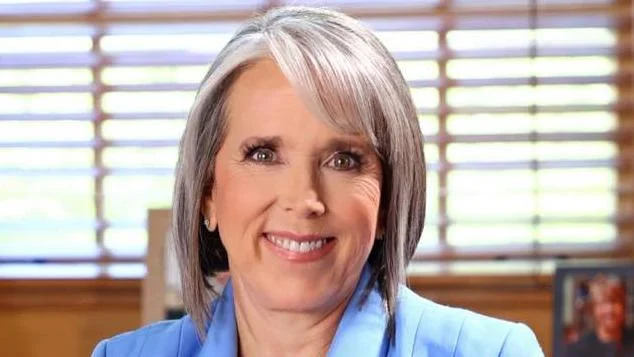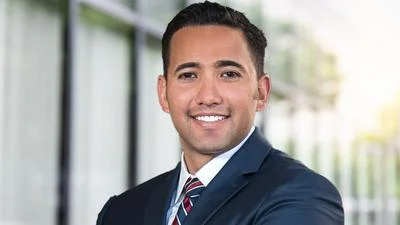New Mexico Governor Michelle Lujan Grisham has announced her intention to sign a series of emergency bills aimed at protecting health care and food assistance for residents in response to recent federal budget cuts. The legislation, which totals $162 million, was passed during a special legislative session called by the governor.
“We refuse to let New Mexico families fall through the cracks because Republicans in Washington have abandoned their responsibility to the American people,” said Lujan Grisham. “The legislation passed during the special session protects families from being priced out of health care when their premiums double or triple, and we’re supporting providers who are keeping the doors open in our smallest communities.”
The governor also criticized House Republicans for voting along party lines to delay access to COVID-19 vaccines for children in New Mexico by 90 days.
Five bills were approved during the session. House Bill 1 provides $162 million in emergency funding following federal reductions in food assistance programs and other urgent needs. The Health Care Authority is set to receive $66 million, including funds for SNAP benefits, food banks, school-based food programs, staffing support at UNM and NMSU, IT upgrades, nonprofit clinics, and subsidies for health insurance on the state exchange.
House Bill 1 also includes transfers of $30 million into an emergency contingency fund and $50 million into a rural healthcare fund. It allocates additional resources to address shortfalls at the Regulation and Licensing Department and protect public broadcasting services. To help finance these measures while maintaining financial reserves at 32% of annual spending, New Mexico will recover $120 million from unspent Health Care Authority funds.
House Bill 2 removes income caps for state-subsidized health insurance coverage under the Health Care Affordability Fund. This change allows residents above 400 percent of the federal poverty level to qualify if they meet other requirements. The measure is designed to offset potential cost increases when enhanced federal premium tax credits expire at the end of 2025—a change that could impact about 6,300 residents’ insurance costs. The bill also grants state officials more authority to respond if future federal actions reduce Medicaid or marketplace insurance access.
Senate Bill 1 transfers $50 million from the general fund into the Rural Health Care Delivery Fund with expanded eligibility criteria that now include high-needs areas and tribally operated facilities across New Mexico. Grants can be used both for stabilizing existing essential services and supporting new ones.
Senate Bill 2 restores metropolitan court judges’ ability to preside over criminal competency proceedings—reversing a previous requirement that all such cases go exclusively to district courts—and aims to ease administrative pressure on those courts while improving behavioral health service access.
Senate Bill 3 amends vaccine purchasing rules by allowing the Department of Health (DOH) more flexibility in buying vaccines recommended by professional medical organizations after internal review. The bill requires insurers to cover DOH-recommended vaccines without cost-sharing but maintains current vaccine exemptions; it sunsets July 1, 2026. Because it did not achieve immediate-effect status due to Republican opposition, there will be a mandatory 90-day wait before DOH can purchase COVID-19 vaccines for children through its program serving over 320 providers statewide.
“There is no good reason for Republicans to make New Mexicans wait 90 days for vaccines they need to protect their health,” said Lujan Grisham. “I’m deeply disappointed in Republicans for voting to restrict vaccines, but our Department of Health remains committed to vaccine access.”
Senate Majority Leader Peter Wirth commented: “The legislature heeded Governor Lujan Grisham’s call and acted decisively in this special session to protect our most vulnerable residents. New Mexico families will keep food on their tables, rural hospitals will have resources to continue serving their communities, and more people will be able to keep their health insurance as costs rise and federal subsidies disappear.”
House Speaker Javier Martínez added: “This special session was about protecting New Mexico families from real and immediate harms that endanger their ability to access healthcare and put food on their tables. Here in New Mexico, we step up to take care of one another, and I’m proud to say that’s what we did for families across our state in this special session.”









